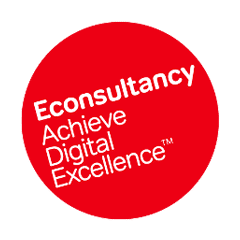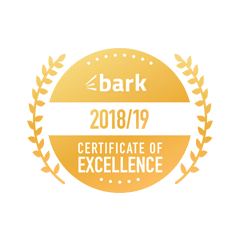
What is a content marketer?
Here at ality, we love to share our knowledge and help our clients and wider industry people learn more about digital marketing and in this straight-taking article, we delve into understanding what it is to be a content marketer and what the role entails.
What is a content marketer...
“A content marketer is someone who creates and promotes content to attract and engage a specific target audience.”
Sounds pretty simple doesn’t it? Well, trust us, it’s not as easy as it may seem on the surface.
The role is an essential part of a team that makes marketing campaigns easy to implement. There is a wide range of tasks that are covered in the job descriptions, so let’s explore the role a bit deeper.
What is the primary goal of a content marketer?
The goal of a content marketer is to provide valuable, relevant, and informative content that addresses the needs and interests of their audience.
This content can take various forms, such as blog posts, articles, videos, infographics, social media posts, and more. Content marketers aim to build brand awareness, establish thought leadership, and drive profitable customer actions, such as website visits, lead generation, or product/service sales.
What does their role entail?

Their work involves understanding their audience, crafting compelling content, and using various marketing channels to reach and connect with potential customers.
Sure! Here’s an outline in bullet points outlining the core scope of work that a content marketer would undertake for a client:
Content Strategy Development
– Conducting audience research and understanding the client’s target market.
– Defining content goals and objectives aligned with the client’s business objectives.
– Creating a content plan and editorial calendar to guide content creation and distribution.
Content Creation
– Producing high-quality, valuable, and relevant content in various formats (blog posts, articles, videos and infographics.)
– Ensuring the content aligns with the client’s brand voice and tone.
– Managing content calendars for each piece of content allocated to a writer from numerous marketing managers (delegation is key)
– Optimizing content for search engines (SEO) with relevant keywords and meta tags.
Content Promotion and Distribution
– Implementing strategies to promote content across various channels (social media, email newsletters, etc.)
– Collaborating with influencers or other partners to amplify content reach.
– Leveraging paid advertising to boost content visibility, if applicable.
Audience Engagement and Community Management
– Responding to comments and engaging with the audience on social media and other platforms.
– Building a community around the client’s content and brand.
Performance Analysis and Optimization
– Monitoring content performance using analytics tools.
– Analyzing data to identify successful content and areas for improvement.
– Making data-driven decisions to optimize content strategy and distribution.
SEO and Keyword Research
– Conducting keyword research to identify relevant and high-potential keywords.
– Incorporating keywords strategically into content to improve search engine rankings.
Content Updates and Maintenance
– Ensuring that content remains up-to-date and relevant to the target audience.
– Revamping or repurposing older content to keep it fresh and useful.
Lead Generation and Conversion
– Integrating lead generation tactics within the content to capture potential customer information.
– Creating content that nudges readers towards taking desired actions, such as signing up for a newsletter or making a purchase.
Competitor Analysis
– Monitoring competitors’ content strategies and identifying opportunities for differentiation and improvement.
Staying Updated with Industry Trends
– Keeping abreast of the latest content marketing trends and best practices to continually enhance the effectiveness of content strategies.
How to become a content marketer?
This role is also known as a digital content marketer. Your best strategy is to jump on Google and register at numerous job listing websites such as, Indeed and Monster Jobs. LinkedIn is also a fantastic resource for finding specific roles and companies that work in content management, marketing and SEO.
If you are serious about a career in content marketing you should approach local businesses and advertising agencies to discuss a career path with them. Try to showcase your writing skills as links within your CV, the types of content you have created in the past and an example of a content marketing strategy you created.
Being able to highlight that you have experience as a content strategist, and sharing valuable content previously created is a great way to impress any employer and you are less likely to be given an entry-level job, with the more experience you can present.
















